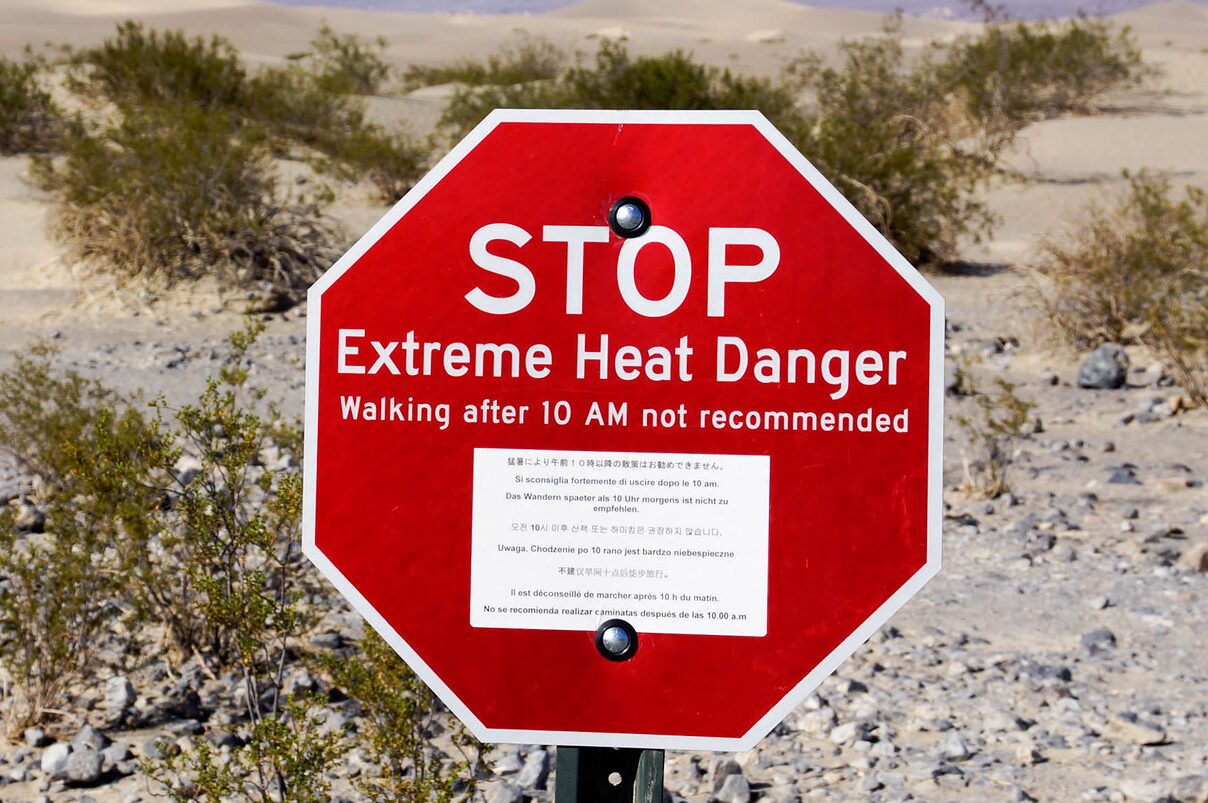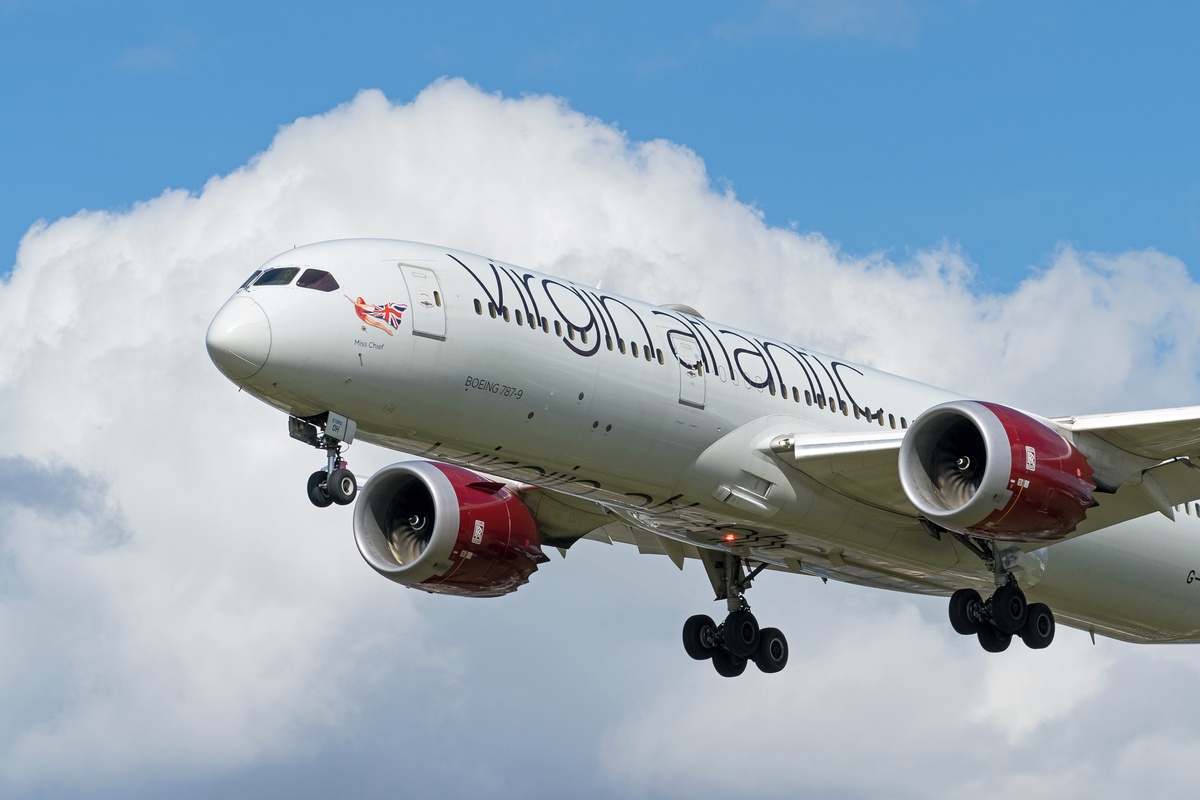Ask Skift: Does Extreme Weather Deter Tourism?

Skift Take
In addition to booming tourism numbers worldwide, travelers this summer have experienced scorching temperatures. That blistering heat has made travel difficult and could potentially create chronic health problems.
And it's not just sizzling temperatures that have complicated destinations' efforts to attract visitors. Tourism businesses in New Hampshire have acknowledged that heavy rains this summer helped put a dent in their bottom lines. Officials in neighboring Vermont have said the state tourism's industry has taken a hit from historic floods this July.
But does extreme weather deter tourism? Ask Skift, our artificial intelligence chatbot, answered the question using information from our news coverage and we've added further research.
Ask Skift Said:
Yes, extreme weather does influence tourism. According to a report by the European Travel Commission (ETC), 7.6% of travelers now see extreme weather events as a major concern for trips between June and November, particularly during heatwaves.
In addition, luxury travel advisors believe climate change will continue influencing travel decisions, with travelers opting for cooler destinations, such as Norway and Copenhagen, which are not typically booked for summer.
However, it's worth noting that while extreme weather does deter some tourists, the demand for travel has soared again with tourists leaving behind years of pandemic restrictions. Travel companies have reported that the heat hasn't led to many cancellations yet, but this balance could shift as heatwaves are predicted to become more grueling.
In response to extreme weather patterns, tourism businesses, particularly small and medium enterprises, are learning to navigate the new landscape, understanding how it affects their business on a day to day basis, and learning how to respond to it.
What else you need to know:
Extreme weather hasn't deterred travelers from visiting some destinations associated with scorching heat, including Death Valley in California. Some tourists said this summer's blistering temperatures were one reason they chose to visit Death Valley, which established the world record for the hottest air temperature more than a century ago.
China's Flaming Mountains have also attracted large numbers of visitors this summer despite sweltering heat in its home Xinjiang region, with the nearby city Turpan having recorded temperatures higher than 120 degrees Fahrenheit last month.
Some destinations with moderate climates have become more appealing. The United Kingdom seen a boom in tourist numbers in part due to the country's cooler temperatures. Hollie Du Preez, the destination development director of Visit Kent, said the UK county has become more attractive to Spanish travelers in particular looking to participate in outdoor activities more suited for moderate weather.
In addition, the French government and the country's main tourism associations recently unveiled data that revealed hotel occupancy rates in Northern France — where temperatures have been cooler this summer — have increased while hotels in Southern France have seen a drop in visitors. Occupancy rates in Northwest France rose by 6% this June and July compared to last year while the country's western Mediterranean zone saw a 5% drop.
The European Travel Commission recently found that the number of Europeans planning trips to Mediterranean destinations between June and November of this year dropped 10% from 2022. The commission's study also revealed 17% of Europeans listed pleasant weather as their main criterion for choosing a travel destination. France's tourism development agency Atout had cited weather in its own research as a major reason why travelers were choosing to visit Northern France instead of the country's Mediterranean regions.
Meanwhile, San Francisco is looking to leverage the city's somewhat chilly summer weather to attract visitors. San Francisco Travel CEO Joe D’Alessandro said soaring temperatures around the world could drive travelers to head to the city, with the organization planning to emphasize its cooler climate in its marketing efforts.
Skift’s in-depth reporting on climate issues is made possible through the financial support of Intrepid Travel. This backing allows Skift to bring you high-quality journalism on one of the most important topics facing our planet today. Intrepid is not involved in any decisions made by Skift’s editorial team.





